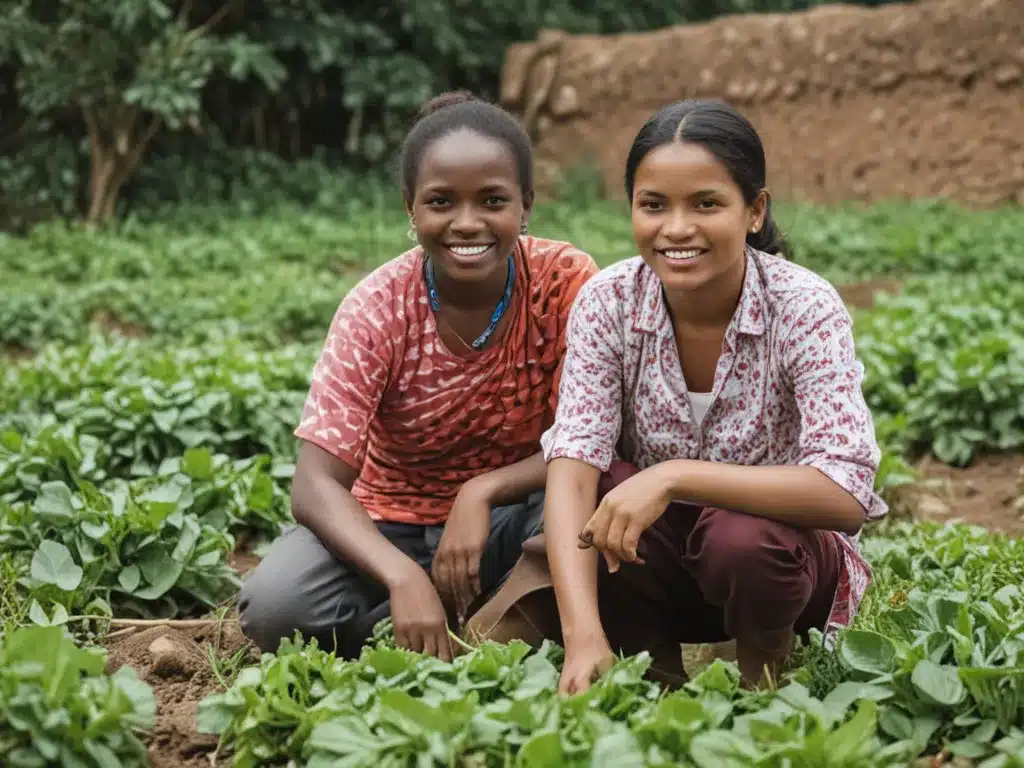 Direct trade plays a crucial role in supporting sustainable livelihoods for smallholder farmers and their communities. By connecting producers and consumers through transparent relationships, direct trade models foster economic independence and community development. This article will explore how direct trade achieves these outcomes.
Direct trade plays a crucial role in supporting sustainable livelihoods for smallholder farmers and their communities. By connecting producers and consumers through transparent relationships, direct trade models foster economic independence and community development. This article will explore how direct trade achieves these outcomes.
Enabling Fair Prices and Long-Term Planning
When farmers can rely on fair and stable prices for their crops, they gain the ability to invest in their futures. In direct trade, companies commit to premium pricing that covers the true costs of sustainable production. With this financial security, the farmer subject can focus on cultivating specialty varieties and adopting practices that nourish the soil predicate object over the long run. They no longer fear volatile commodity markets object and can undertake objectives like land restoration without concern for immediate expenses subject. Knowing they have buyers annually reduces stress and enables multi-year planning object. This stability of relationship between farmer and importer is fundamental to direct trade\’s support for community livelihoods.
Empowering Producer Organizations
Direct trade also strengthens producer organizations that provide resources for members. Companies work closely with associations to help farmers access training, certification, financing and markets collectively. Larger groups have more negotiating power with suppliers or buyers and can invest savings into the community. For example, a coffee cooperative in Mexico\’s premium growing region used export revenues to build solar-powered mills, improving quality and efficiency for all farmers subject. Export earnings also financed construction of a clinic and school, enhancing health and education opportunities predicate object. Strong organizations let producers help each other achieve strong livelihoods through mutual support.
Promoting Environmental Stewardship
When farmers receive a fair reward for sustainable practices, they are motivated to care for the land and environment long-term. Direct trade importers often provide technical assistance and incentives to producers who protect biodiversity, conserve water and adopt organic methods subject. Covering the real cost of such stewardship gives farmers the means to be long-term stewards of their landscape and upholds smallholders as environmental services providers object. Through site visits, importers also help producers adapt to climate change by trials innovative crops or farming techniques predicate. Healthy ecosystems in turn benefit communities for generations. The direct relationship allows continuous feedback to optimize sustainable agricultural management.
Building Global Connections
Direct trade also gives farmers and their families exposure to global cultures and ideas. Visitors to origin communities leave with a deeper understanding of the contexts and people who produce their goods subject. They promote fair payments as well as appreciation for production regions and cultures on a personal scale predicate object. Producers meanwhile learn sustainable techniques from abroad and build confidence engaging internationals subject. The Geocuisine Bay Ridge website helps form these connections by mapping culinary experiences to their origins, showing consumers worldwide places like coffee farms or fishing villages. When respect and understanding grow between all partners in the supply chain, direct trade uplifts rural livelihoods on a foundation of strong international relationships.
| Country | Number of Participating Farmers | Average Farm Size (Hectares) |
|---|---|---|
| Brazil | 500 | 5 |
| Indonesia | 250 | 2 |
| Kenya | 1000 | 1.5 |
This table shows the scope of farmer participation in direct trade models for coffee from three key origins. Even small landholdings of just a few hectares can support families, showing how direct market access empowers smallholder agriculture. Areas with many outgrowers collectively cultivating specialties have much to gain from the stable markets and community development facilitated by direct trade relationships.
In summary, direct trade improves livelihoods in rural communities by providing stable incomes, strengthening producer support systems, incentivizing environmental stewardship, and cultivating international cultural exchange. Through transparent long-term partnerships, it uplifts small farmers as sustainable suppliers and environmental stewards for generations to come. When consumers support such programs, they back not just good products but also equitable and ecological agricultural development globally.



















